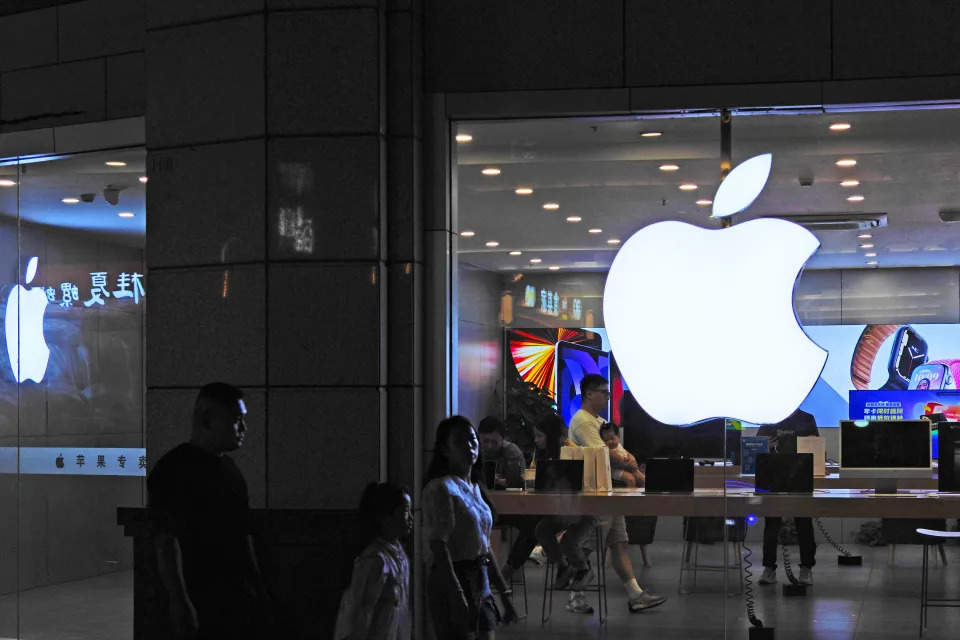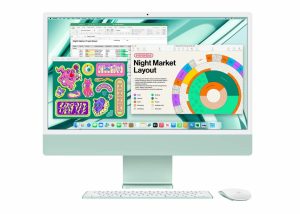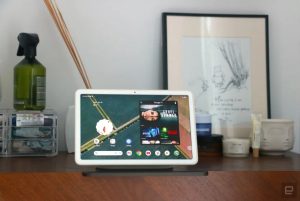Caltech, also known as the California Institute of Technology, has come to an agreement with Apple and Broadcom regarding their Wi-Fi chip-related patent dispute, which had been a billion-dollar legal battle initiated in 2016, as reported by Reuters.
In an official filing, Caltech has stated that it is formally dismissing the case with prejudice, signifying that it cannot be refiled in the future.
This complex legal journey has seen various twists and turns. Initially, Caltech accused numerous Apple products, including iPhones, iPads, and Watches, containing Broadcom chips of infringing its Wi-Fi-related patents. Initially, Caltech secured a substantial $1.1 billion jury award, with Apple ordered to pay Caltech $837.8 million and Broadcom required to pay an additional $270.2 million.
Nonetheless, Apple decided to appeal, leading to a federal appeals court overturning the initial verdict, deeming the award “legally unsupportable.” In particular, the judge rejected Caltech’s claim that it could have negotiated licensing agreements with both Broadcom and Apple for the same chips.
Subsequently, the jury ruled for a new trial, while maintaining the original jury’s findings that both Apple and Broadcom had indeed infringed two of Caltech’s patents. This new trial was initially scheduled for June but was indefinitely postponed. In August of the same year, the involved parties informed the court that they had reached a “potential settlement,” but did not disclose further details.
The technology at the center of this dispute is crucial to the 802.11n and 802.11ac Wi-Fi standards, despite the fact that its inventor originally designed the patents, related to data transmission technology, for purposes other than Wi-Fi. It’s noteworthy that Broadcom continues to be a significant supplier to Apple, recently securing a $15 billion agreement to provide chips for upcoming Apple products, including iPhones.
Caltech has also recently resolved a similar lawsuit against Samsung but still has pending Wi-Fi patent cases against Microsoft, Dell, and HP.




